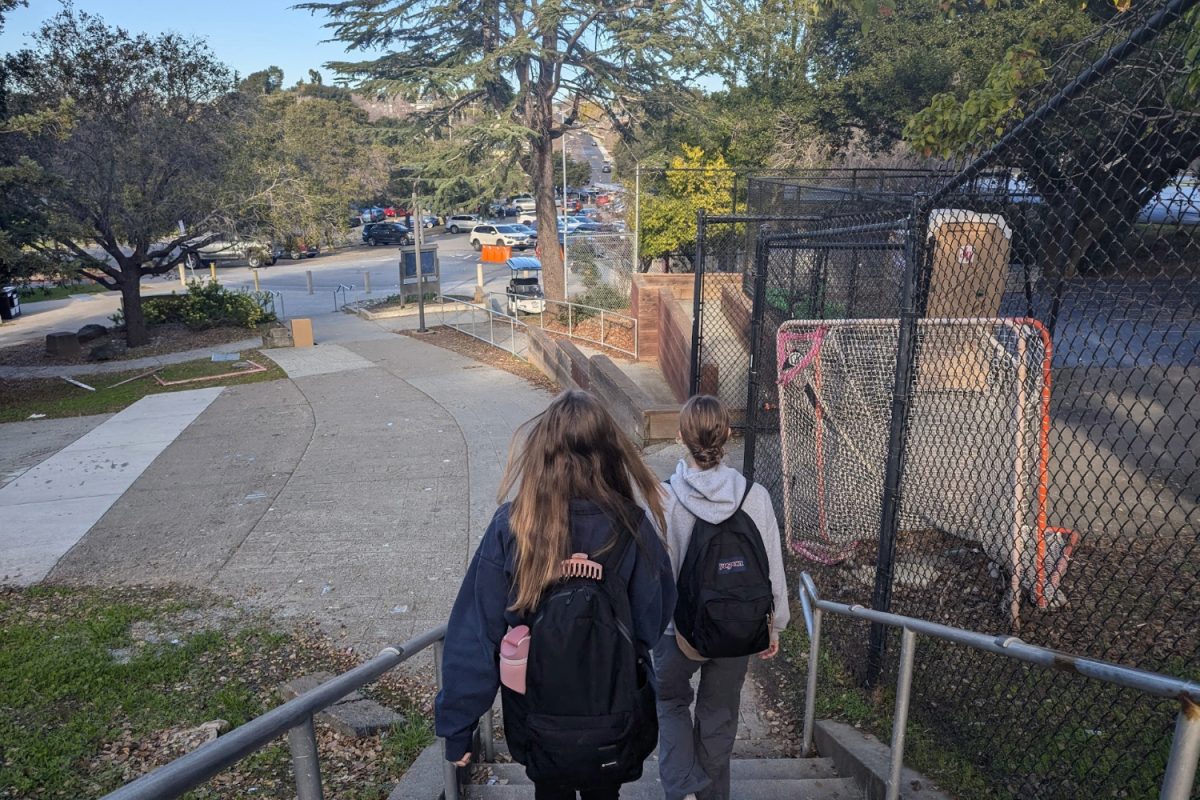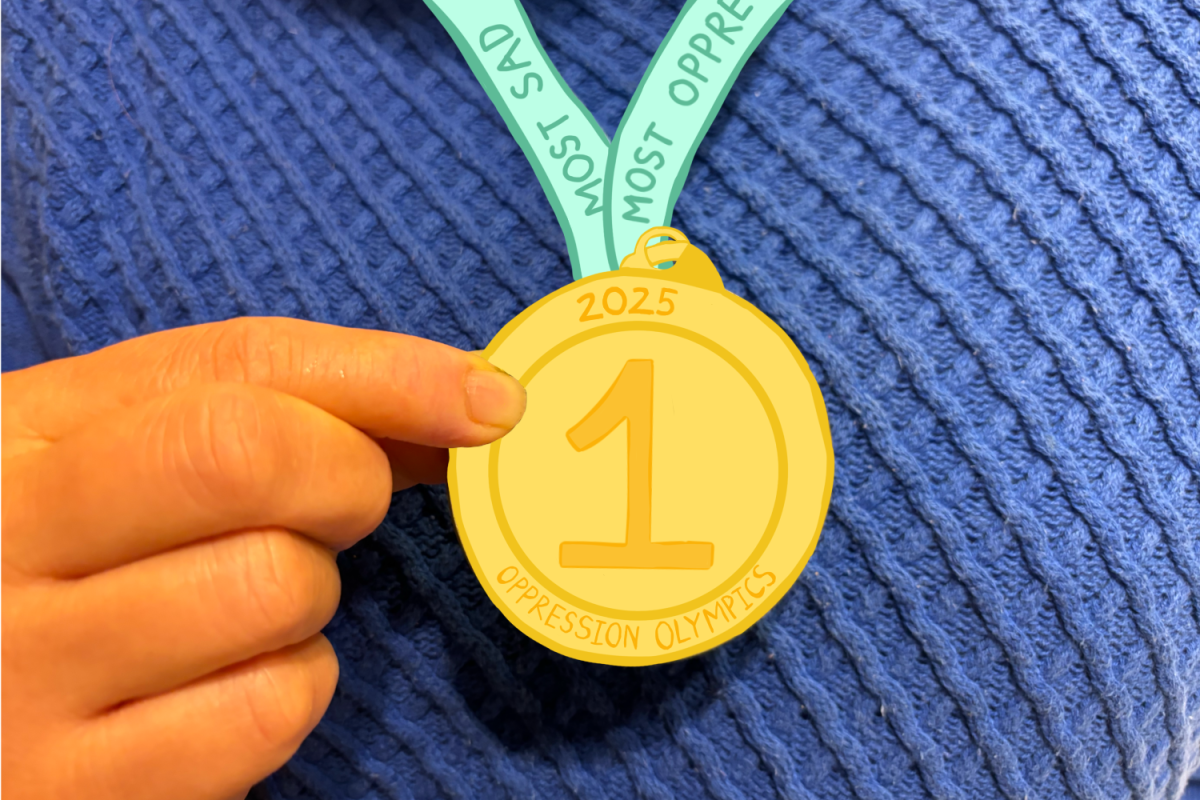For six semesters, I’ve found the first few days of break after finals incredibly difficult. It took me a while to figure out why, but I’ve finally got it: the way the week is structured makes it hard to relax after it’s all over. We’re so stressed and busy up until the last day, and then suddenly we’ve got nothing to do.
I’ve found it challenging to adjust to this huge jump in energy, and I know I’m not alone. But I’ve realized how to fix this, at least a little bit; so I hope, if you have trouble managing your stress during finals season, I can help you out.
We can’t actually restructure finals week — or remove it, as much as we wish we could — so instead, we need to restructure how we think about these tests. The only way to make this transition easier is to better space out your time before the end of finals and give yourself time to rest.
Although we get a break for Thanksgiving, the three weeks after it are so jam-packed with reviews and tests that we don’t truly slow down until the semester officially ends. For chronic procrastinators, finals week is the last chance to turn everything in. Of course, saying “we shouldn’t procrastinate” is easier than actually managing time. But it is possible to get through this season without being exhausted by the end of it.
First, it’s important to know that getting enough rest and taking the time to relax is better for you than pulling all-nighters. This applies to both your grades and your mental health. Obviously, you can’t do well on a test if you don’t know the material, so you have to study. But you also can’t do well if you’re falling asleep during the time; sleep deprivation makes our brains slow down, and time can make a huge difference on a test.
Thinking straight also helps you maintain your mental health. If you feel tired, you’re more likely to get frustrated. This time of year is already stressful, and sleep deprivation will only make it worse. If you’re staying up late to study, try to sleep in as much as you can.
The best way to manage your sleep is to spread out your studying over a few days. This can also improve your recall. Distributed practice — the idea of doing a little bit every day — is a great way to reduce stress, get better sleep, and retain information. Like everything, it’s easier said than done, but it is possible.
I’ve found the best way to distribute studying is to make a day-by-day plan. The better you are at sticking to that plan, the better you’ll study. Cramming is a terrible idea, especially if you have up to seven tests in a four-day period. If you use review week as it’s intended to be used and study a little bit every night, you won’t be as stressed the day before the test, and you’re more likely to retain the information.
Third, it’s helpful to get some perspective about how meaningful a final actually is. Finals are often overhyped, and while they are important, they shouldn’t define your semester. Using Canvas to test grades or checking grade calculators can be reassuring. As much as teachers discourage these things, they can help students understand their grades and not over-stress on finals.
At the end of the day, whether you need a 2% or a 200% to get an A in a class, finals season can be stressful, and not rightfully so. Students need to take care of themselves and put their health above their grades. Grades matter, but we need to put ourselves first.












